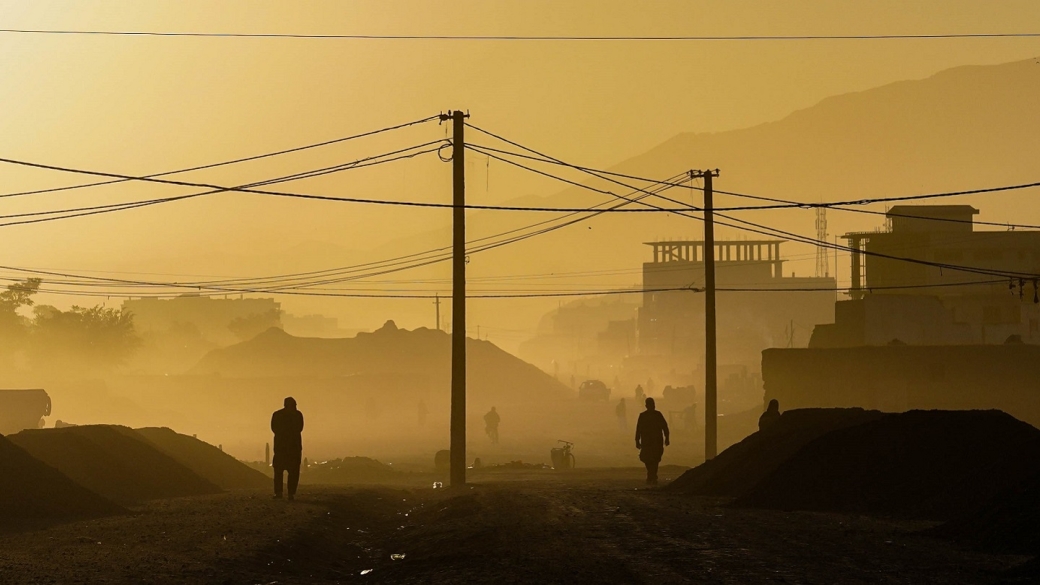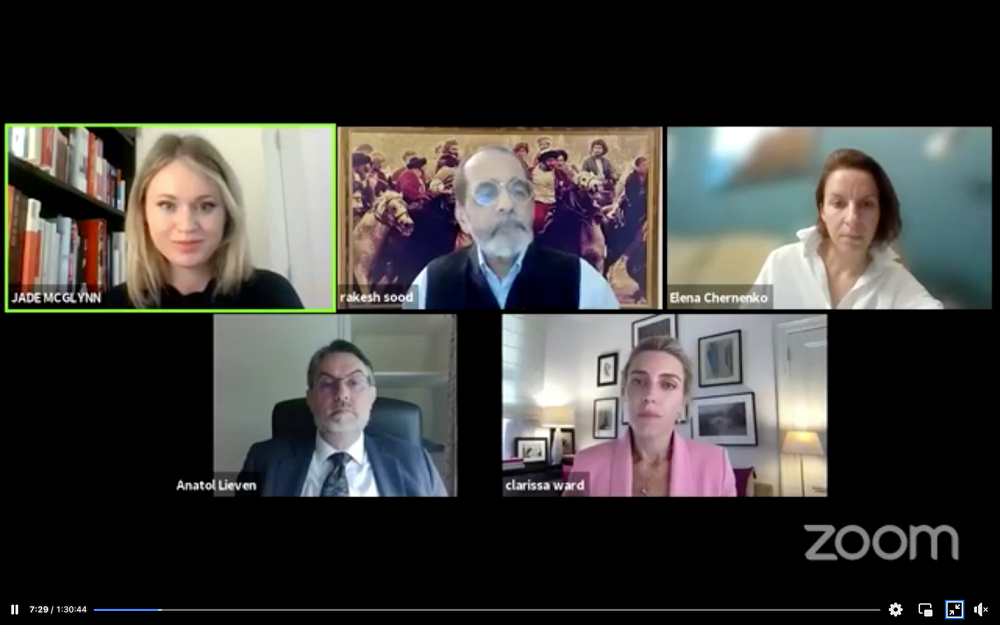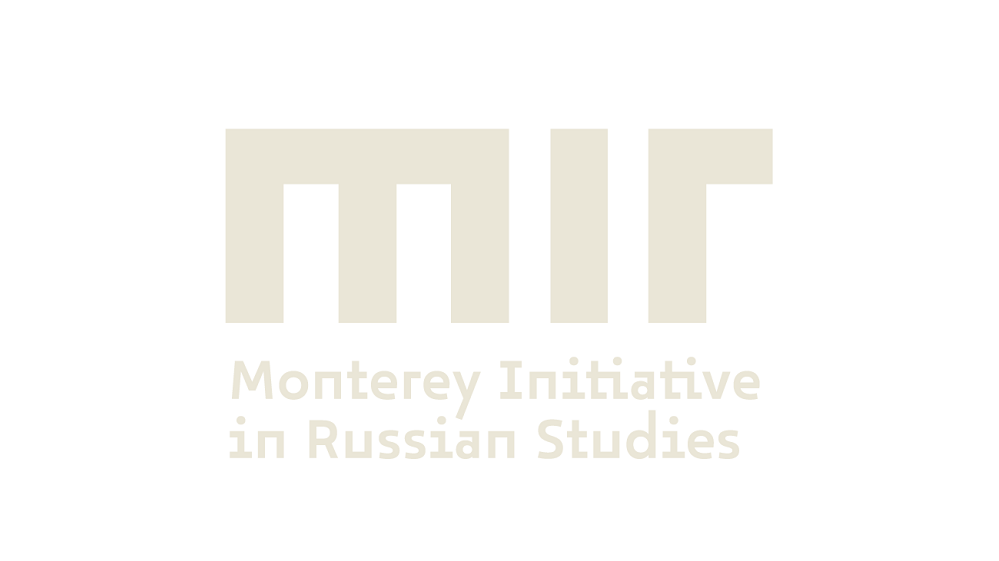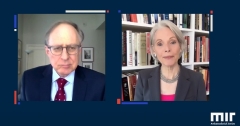Monterey Summer Symposium on Russia Connects Students with Experts on U.S.-Russia Relations
| by Mollie Messick MATESOL '21 and Jason Warburg
The immersive seven-week symposium offered 15 enrolled fellows the chance to hear from and interact with an extraordinary panel of experts on Russian identity and U.S.-Russia relations, from former New START treaty negotiators to the current Russian ambassador to the U.S.






